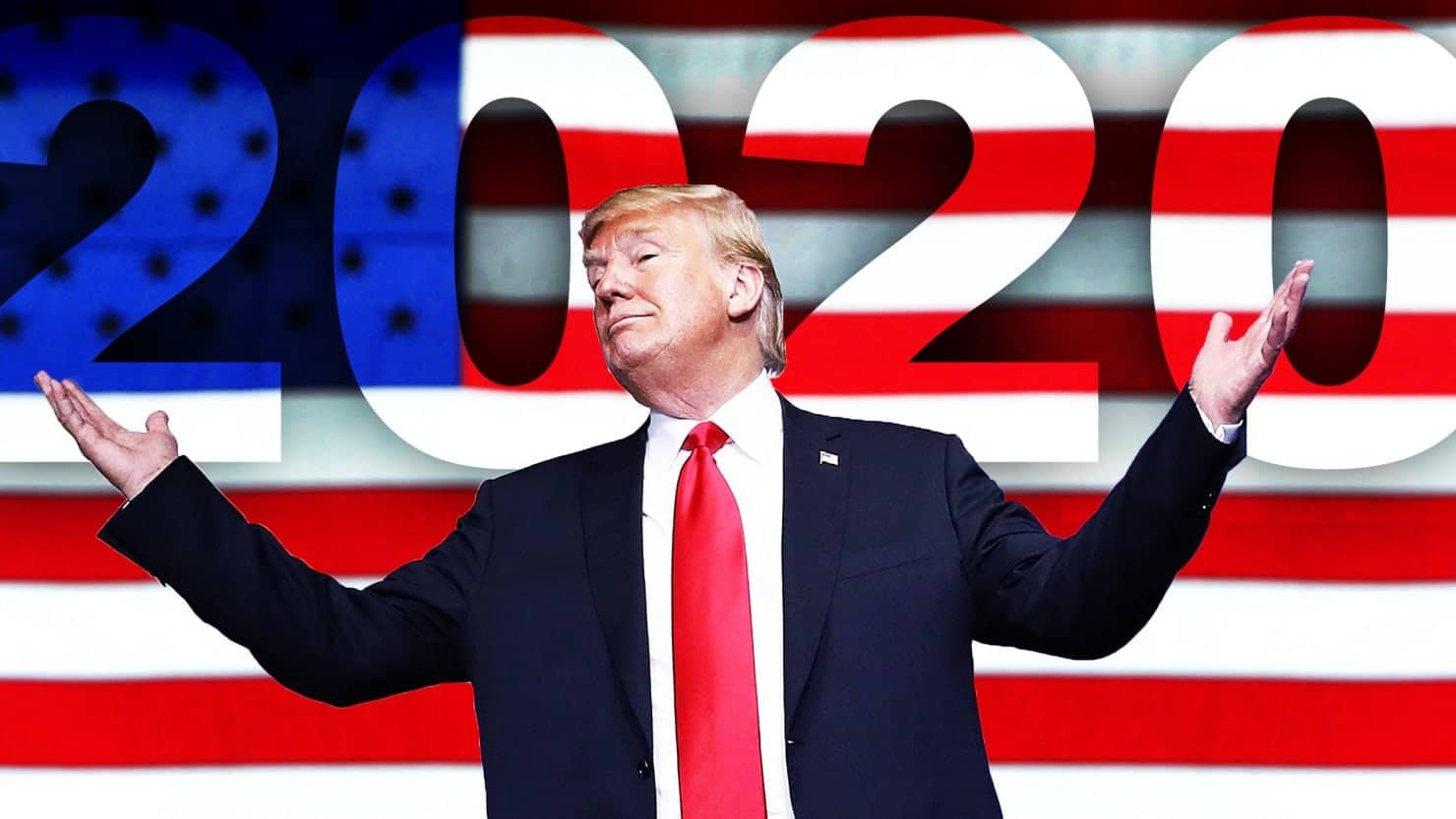
President Donald Trump’s reelection campaign is pursuing recounts and court challenges in an effort to establish that Trump won the popular vote in several states that media organizations have said were won by Democratic Party presidential nominee Joe Biden. Even if the campaign’s efforts are unsuccessful, state legislators in some or all of these states, should they conclude the election in their states was won by Trump, could exercise their power under the United States Constitution to award Trump’s electors in those states entrance to the Electoral College that will vote in December on who becomes president and vice president.
Thus, there is an avenue for Trump to win the presidential election even if his recount and court efforts are not successful.
Most Americans age 18 and up can vote every four years in an American presidential election. But, the recurring November election does not directly decide who becomes president. Neither is such a popular vote even mentioned in the United States Constitution. Under the Constitution, the decision on who becomes president and vice president is made by Electoral College electors who are scheduled to meet and vote on December 14 in their respective states.
In recent years, state legislatures have generally been, without the application of much scrutiny, content to allow reported popular vote results to determine which candidates’ chosen electors meet in respective states to cast Electoral College votes. But, as Daniel Horowitz discussed in articles at the Blaze last week and this week, the power of state legislators in choosing electors is plenary. If enough legislators in a state are convinced that fraud resulted in declaring the popular vote loser in the state as the winner, they can exercise their constitutional power by disregarding that result and sending to the Electoral College the electors of the presidential and vice presidential candidates the legislators think would have won but for the fraud.
The Electoral College process is defined in the United States Constitution in Article Two, Section One and the 12th Amendment.

